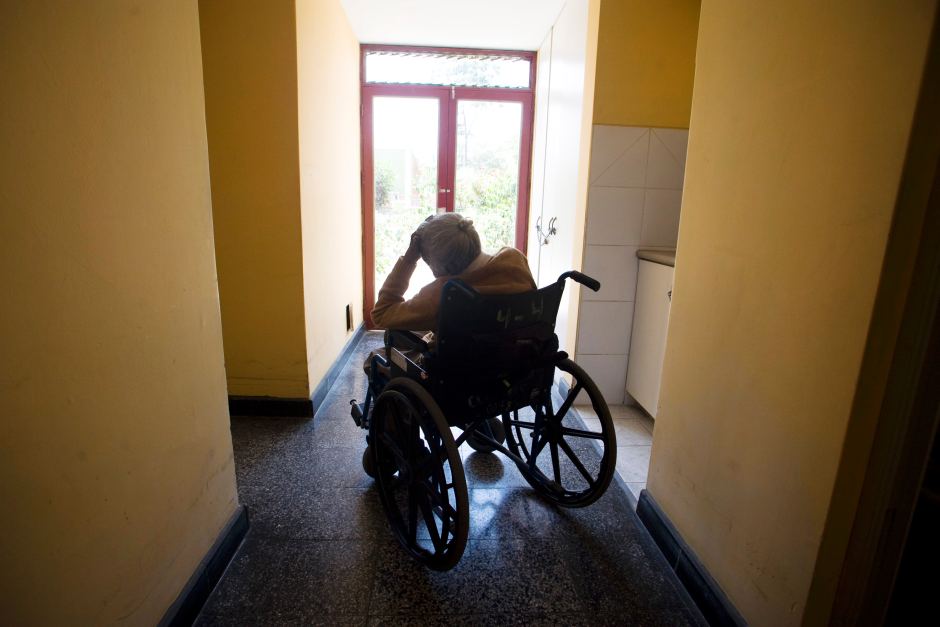Category: Housing / Government and Politics / Housing Industry / Business, Economics and Finance / Disabilities
Majority 'won't receive housing support under NDIS'
Tuesday, 16 Feb 2016 07:58:09 | Annie Guest

“Tarzan: Call of the Jungle” will feature Chinese acrobatic performers at Shanghai Disneyland’s Adventure Isle.
At least 45,000 people with disabilities will remain in unsatisfactory housing under the National Disability Insurance Scheme (NDIS), according to a disability working group.
That ranges from nursing homes, to living with aging parents, and even homelessness.
While the key aim of the NDIS is to provide participants with independent living, the majority of people with disabilities will not receive housing support.
Housing experts believe 110,000 people need appropriate accommodation, meaning about 40 per cent will miss out on the help they need.
"We think there's a gap in the vicinity of around 45,000 people," said Mike Allen, the chairman of the Disability Housing Futures Working Group and the former long-standing boss of Housing NSW.
He told a Queensland NDIS symposium that 5,000 people with disabilities are homeless, while others are in aged care, parents' homes, group homes and private rentals.
"They're in housing stress and they're struggling in unacceptable housing situations," Mr Allen said.
The Disability Housing Futures Working Group is proposing governments enter shared equity arrangements to help people with disabilities buy their own home.
The group will soon submit their proposals to the Government.
In terms of personal care needs, (housing) is one of the fundamentals.
"Government could provide funds, philanthropic investors could provide funds to purchase the other component of the home," Mr Allen said.
Other proposals include low-interest government loans for housing construction and purchase and more wheelchair-accessible public housing.
Queenslanders with Disability Network chairman Nigel Webb, who has had cerebral palsy spastic quadriplegia since birth, qualifies for payments for his carers under the NDIS.
"In terms of personal care needs. it's one of the fundamentals," the 45-year-old said.
"Everybody needs to get out of bed in the morning, everybody needs to go to the bathroom, everybody needs to get organised to go to training, education or work."
Mr Webb is among the minority of people with disabilities who has public housing.
He appreciates it, but the father of two who works in two part-time jobs said home ownership was vital.
"I think it adds to the idea that the NDIS talks about where people have real choice and control," he said.
- About Us
- |
- Terms of Use
- |
-
 RSS
RSS - |
- Privacy Policy
- |
- Contact Us
- |
- Shanghai Call Center: 962288
- |
- Tip-off hotline: 52920043
- 沪ICP证:沪ICP备05050403号-1
- |
- 互联网新闻信息服务许可证:31120180004
- |
- 网络视听许可证:0909346
- |
- 广播电视节目制作许可证:沪字第354号
- |
- 增值电信业务经营许可证:沪B2-20120012
Copyright © 1999- Shanghai Daily. All rights reserved.Preferably viewed with Internet Explorer 8 or newer browsers.




 Send to Kindle
Send to Kindle